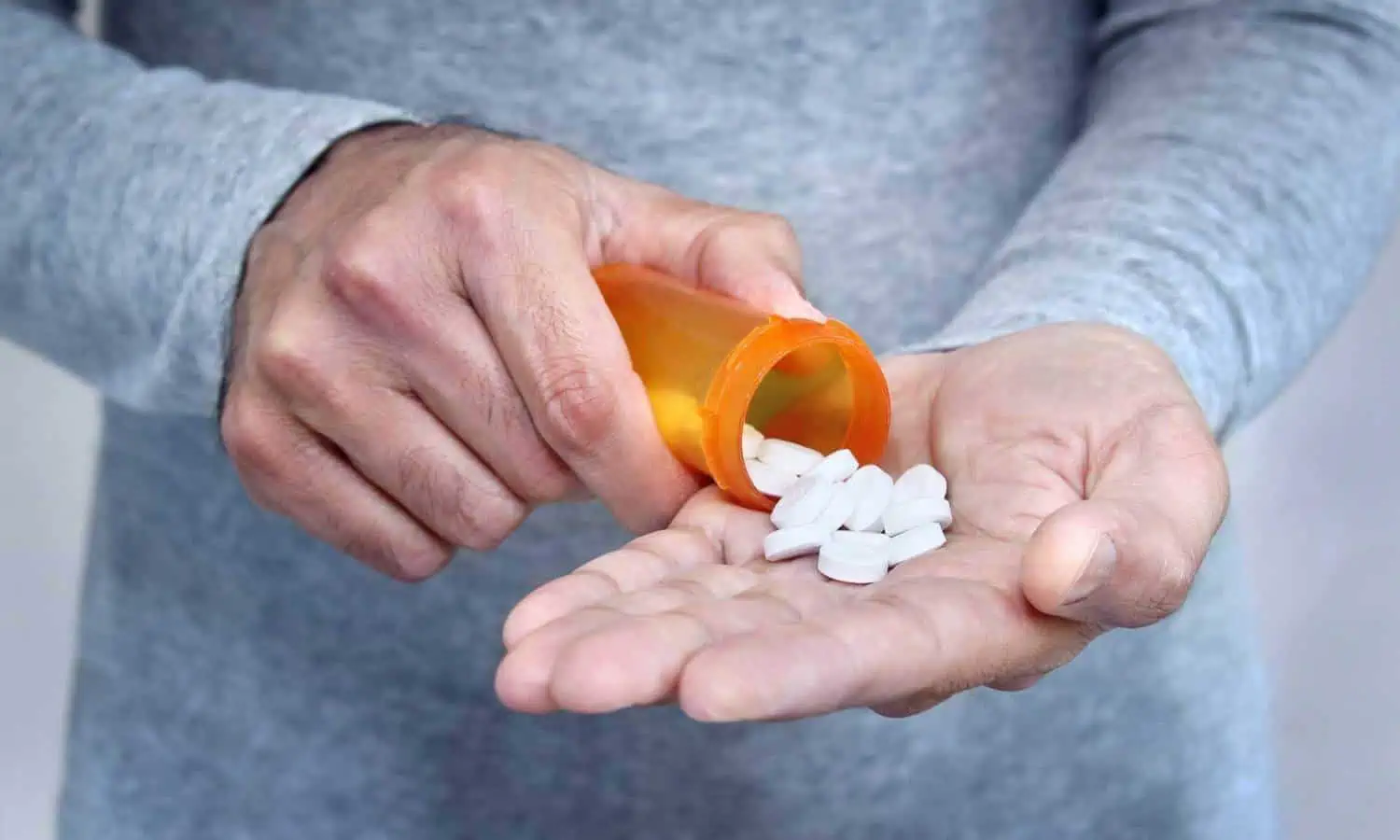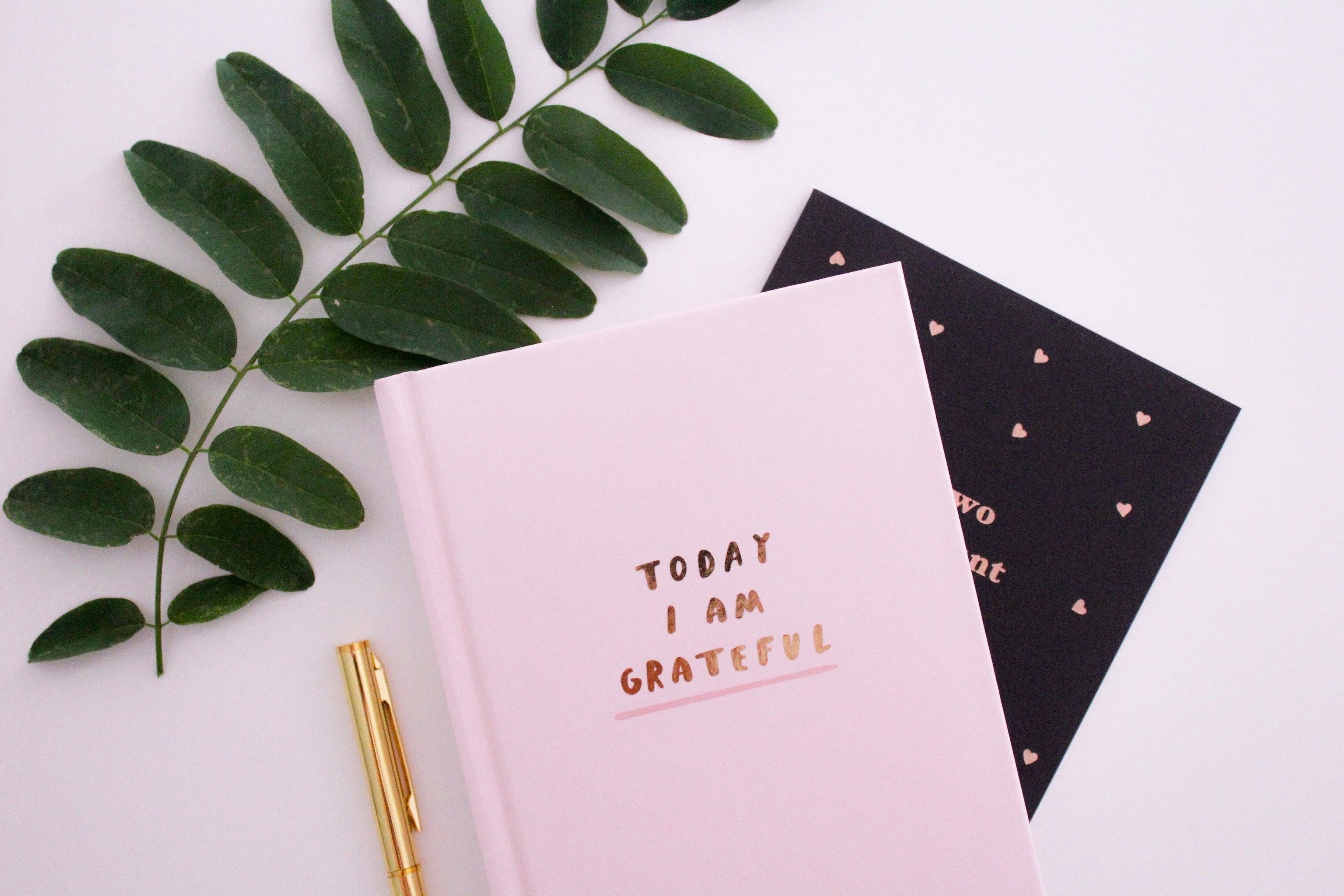If you are a mom in recovery, you may feel it’s nearly impossible to balance recovery, children, partners, and/or work. It might seem like there is no space for sobriety in your daily routine. Luckily, there are tips to help you thrive in recovery and live a healthy and fulfilling life for both you and your family.
Build a Strong Support System
Surrounding yourself with other moms in recovery who are healing from substance abuse is crucial to building a solid foundation for recovery. The toll that substance use has on us and our families is devastating. Only another mom can truly understand the pain and challenges. Most women are great at offering assistance but find it difficult to ask for help. Unresolved shame is a significant issue.
Moms tend to think we should have everything put together. We are afraid of letting others know our insecurities and failures. Throughout my journey, other moms have shared that it is okay to be vulnerable, to share insecurities, and to work through the hidden secrets of shame. Revealing myself without being judged by these women was truly the beginning of my healing. Mothers in recovery build an unshakable foundation by going to meetings, making calls, reaching out to other women, and socializing with others on the journey of recovery. This creates long-lasting friendships and empowers moms so they never have to feel alone. This is sustainable recovery. Some tips to build a strong support system in recovery include
- Attend 12-step (or other support group) meetings. Regular attendance at 12-step or other support group meetings, such as Alcoholics Anonymous (AA) or Narcotics Anonymous (NA), can be immensely helpful for moms in recovery. These meetings allow you to connect with fellow moms and parents who are also on the journey of recovery from alcohol or drugs. The meetings provide a safe space to share your experiences, gain insights, and receive support from others who understand the challenges you face.
- Find a sponsor. For those who attend 12-step groups, having a sponsor is highly recommended. Having a sponsor, someone who has already achieved long-term sobriety can be a valuable resource for navigating the ups and downs of recovery. A sponsor can provide guidance, support, and accountability, helping you stay on track with your recovery goals. They can offer advice and share their own experiences, offering insights into how they have overcome similar challenges.
- Develop a sober social network. Building connections with other moms in recovery is essential for creating a strong support system. Avoid old friends who still engage in substance abuse. Look for sober social events or activities specifically designed for individuals in recovery. By engaging in these activities, you can meet other sober moms who share similar interests and hobbies. These connections can provide a sense of camaraderie and support as you continue your journey towards sobriety.
- Lean on friends and family. Don’t be afraid to reach out to friends and family for support. Often, they want to help but may not know how. By opening up about your struggles and asking for assistance, you can strengthen your relationships and build a network of support around you. Friends and family can offer encouragement, provide a listening ear, and help with practical matters such as childcare or transportation.
Let Go of Resentment
Resentment can be a killer for those struggling with substance use disorder. Holding on to bitterness keeps us sick and holds us hostage and stuck in victim mode. Letting go of resentments and learning to deal with anger in healthy ways is a critical part of healing from this disease of addiction. Moms in long-term recovery have learned how to process anger. They don’t blame others or play the victim. Instead, they have learned how to be assertive without being aggressive.
What I’ve learned and told my clients is to pause when they’re angry or feeling uncomfortable. To step back, breathe, be mindful of their feelings, and look at the role they may have played in the situation before reacting.
Doing this helps them “respond” and not “react.” Learning to use these tools helped me tremendously.
Establish a Daily Spiritual and Meditation Practice
Here’s what I know for sure: drug addiction darkens our spirit. Folks who are flourishing in recovery have some type of daily spiritual practice. Spirituality means different things to different people. It is important to find a spiritual community, as well as what gives you joy, and do it! Some spiritual and mindfulness practices that may be great for moms in recovery include
- Morning meditation: Starting your day with a few minutes of quiet meditation can set a positive tone for the rest of the day. Find a quiet space, sit comfortably, and focus on your breath or a particular mantra. Meditation can help calm your mind, reduce anxiety, and enhance your spiritual well-being. There are several apps and podcasts available that offer guided meditations to support your practice.
- Practice gratitude: Gratitude is a powerful practice that can shift your perspective. Take a few moments each day to reflect on the things you are grateful for in your life. Consider writing down three things you are grateful for in the morning and journaling about something positive that happened during the day before going to bed. Cultivating a sense of gratitude can bring more joy and contentment into your life.
- Engage in spiritual activities: If you have a religious or spiritual practice, incorporating it into your daily routine can provide a sense of connection and support. Prayer, reading spiritual texts, or engaging in rituals that align with your beliefs can help you stay grounded and connected to something greater than yourself. Find activities that resonate with you and contribute to your spiritual he
- Practice mindful activities: Incorporating mindfulness into everyday activities can help you stay present and engaged. Whether it’s mindful eating, mindful walking, or simply taking a few moments to pause and breathe deeply, these practices can bring a sense of calm and awareness to your daily life. Being mindful allows you to respond rather than react to challenging situations, promoting healthier coping mechanisms.
Practice Self-Care
An important part of healing for mothers in recovery is learning how to take care of themselves.
In long-term recovery, I have learned to slow down and take time for myself. The acronym HALT—hungry, angry, lonely, tired —is always a reminder for me to check in with myself.
A relapse always occurs before a relapse actually occurs – it begins in the mind. Meaning, that if you can’t healthily process tough thoughts and feelings, there is a risk you may fall back into maladaptive coping methods. It’s important, no matter how busy you are with the kids, work, and the house, to take time out for yourself. Some self-care tips include:
Prioritize Sleep and Rest
Getting enough sleep and rest is essential for your physical and mental well-being. As a busy mom, it can be challenging to find time for rest, but making it a priority is crucial. Ensure you have a consistent sleep schedule and create a relaxing bedtime routine. If possible, take short breaks during the day to rest and recharge.
Engage in Physical Activity
Regular physical activity not only improves your physical health but also has a positive impact on your mental and emotional well-being. Find activities that you enjoy, whether it’s going for a walk, practicing yoga, or joining a fitness class. Exercise releases endorphins, which can boost your mood and reduce stress.
Nourish Your Body with Healthy Food
Proper nutrition plays a vital role in maintaining overall well-being. As a mom in recovery, it’s essential to prioritize healthy eating habits. Focus on incorporating whole foods such as fruits, vegetables, lean proteins, and whole grains into your diet. Avoid processed foods and sugary snacks, as they can negatively impact your energy levels and mood.
Engage in Activities That Bring You Joy
Finding activities that bring you joy and fulfill your passions is an essential part of self-care. Set aside time each week to engage in hobbies or activities that you love. It could be reading, painting, gardening, or any other activity that brings you a sense of joy and fulfillment. These activities can help reduce stress.
Recovery as a mom is a unique journey that requires dedication, support, and self-care. By building a strong sober support system, prioritizing self-care, and cultivating a mindfulness routine, moms in recovery can navigate the path to sobriety while finding balance in their lives. Remember, reaching out for help is a sign of strength, and there is a community of moms in recovery ready to support and understand your journey. Stay committed to your sobriety, take care of yourself, and embrace the joy of a balanced and fulfilling life as a sober mom.
If you or a loved one is struggling with addiction, Mountainside can help.
Click here or call (888) 833-4676 to speak with one of our addiction treatment experts.

 By
By 







